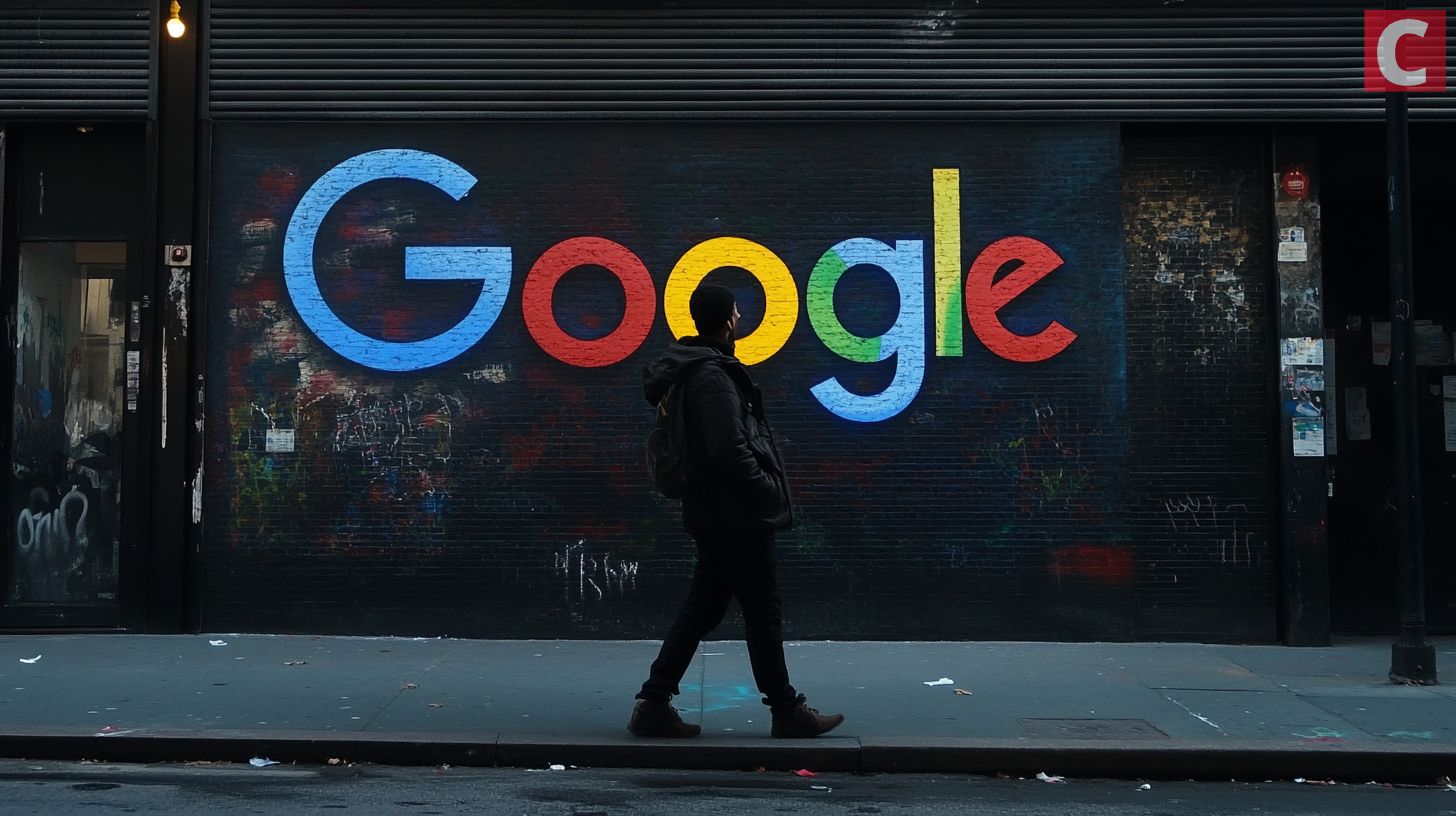Google will require European crypto advertisers to follow the EU’s MiCA framework starting April 23, applying new licensing rules across 27 countries.
Google is set to introduce stricter advertising policies for crypto firms and related services across Europe.
The change aligns with the European Union’s Markets in Crypto-Assets (MiCA) regulation, which aims to bring digital assets under a single regulatory framework.
Crypto ads now face stricter rules in europe
Google is tightening its rules for crypto advertising across Europe. Starting April 23, companies promoting crypto exchanges and wallets on Google’s platform must be licensed.
According to the new policy, this will require registration under the MiCA regulation or as a Crypto Asset Service Provider (CASP). In its March 24 update, Google also noted that advertisers must comply with each country’s specific legal requirements, which may go beyond the MiCA framework.
The rule will apply across most European Union nations, including Germany, France, Italy, Spain, Sweden, and 21 others. The policy will not result in instant penalties for violators. Instead, Google will issue a warning seven days before suspending an advertiser’s account.
It is important to add that these changes come after the official rollout of the MiCA regulation in December 2024. Based on general perception, MiCA was created to bring a single set of rules for digital assets across the European Union. The rules set strict standards for anti-money laundering and counter-terrorist financing.
Since its implementation began, several crypto platforms have been working to match up with the new rules. In a recent report, eToro secured a MiCA license from CySEC, making it one of the first firms to get approved for EU-wide crypto trading.
Industry reactions to compliance costs and barriers
Hon Ng, the Chief Legal Officer at crypto exchange Bitget, called the policy a double-edged sword. He said it will filter out unlicensed actors and improve investor protection, but it may also burden smaller players.
He noted that many small firms may struggle to meet MiCA’s capital requirements, which range between €15,000 and €150,000 depending on the service. In addition to licensing costs, companies will need certification from both Google and national regulators, further adding to compliance challenges.
Mattan Erder, a legal adviser at blockchain network Orbs, pointed out that these updates are more about protecting Google from legal risk. He believes the real impact will depend on how hard it becomes to get MiCA or CASP certification.
If the rules are too strict or expensive, smaller firms may be shut out, leaving only the bigger players in the market. That could limit innovation and competition, especially in countries where national-level licensing is still rolling out.
Meanwhile, Google has a strong history of engaging with crypto firms beyond its ads service. In an earlier update, the embattled MANTRA protocol launched an RWA Accelerator Program in collaboration with Google Cloud. Reports show that its blockchain has grown into a billion-dollar ecosystem backed by institutional investors led by the DAMAC Group and Google.
next